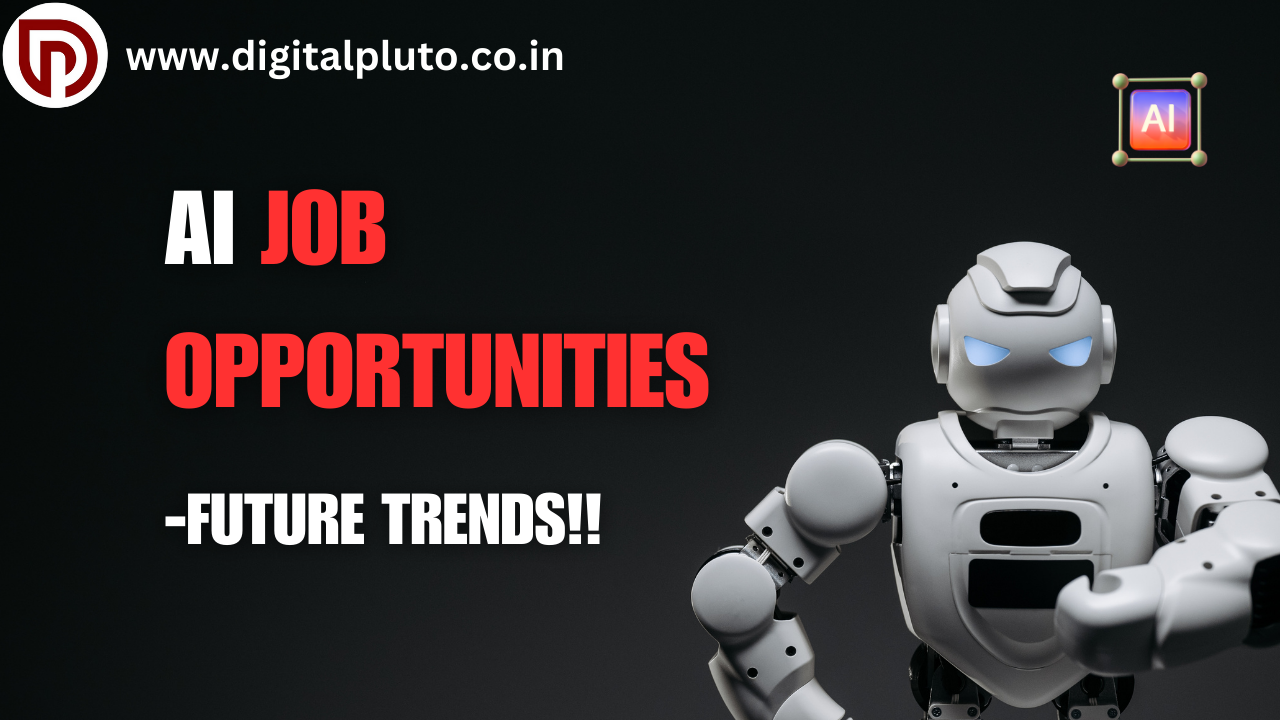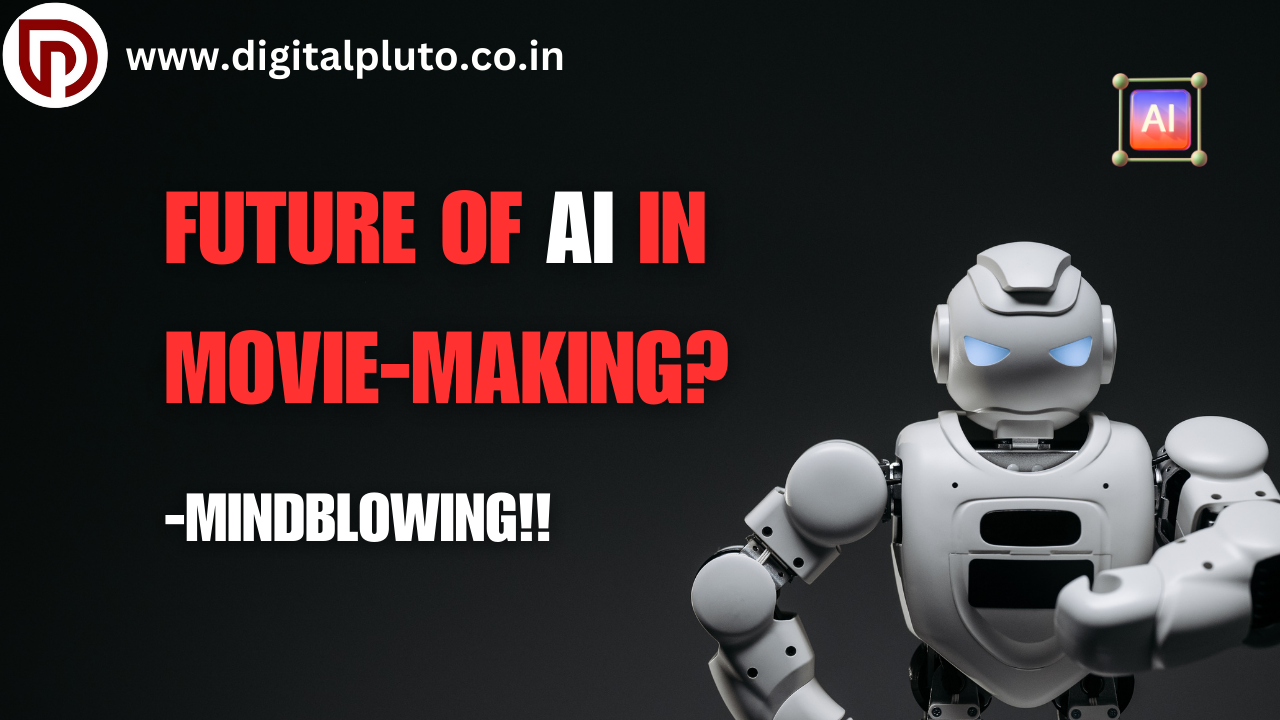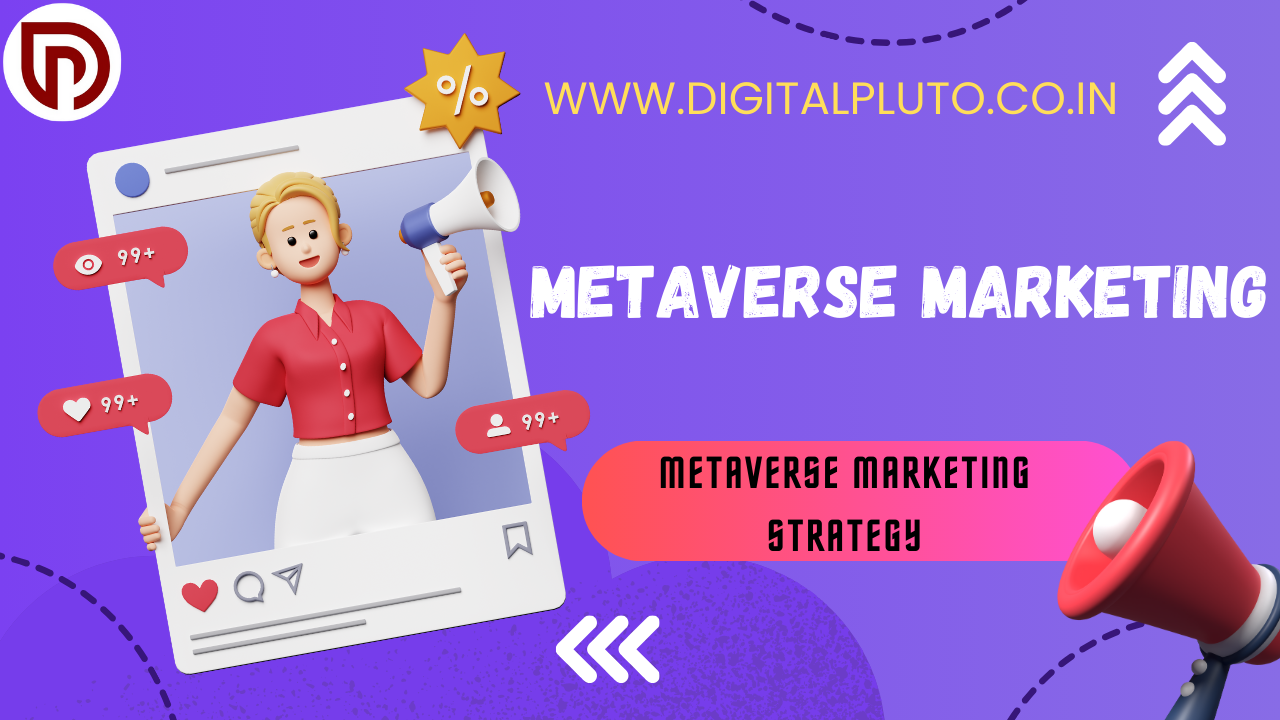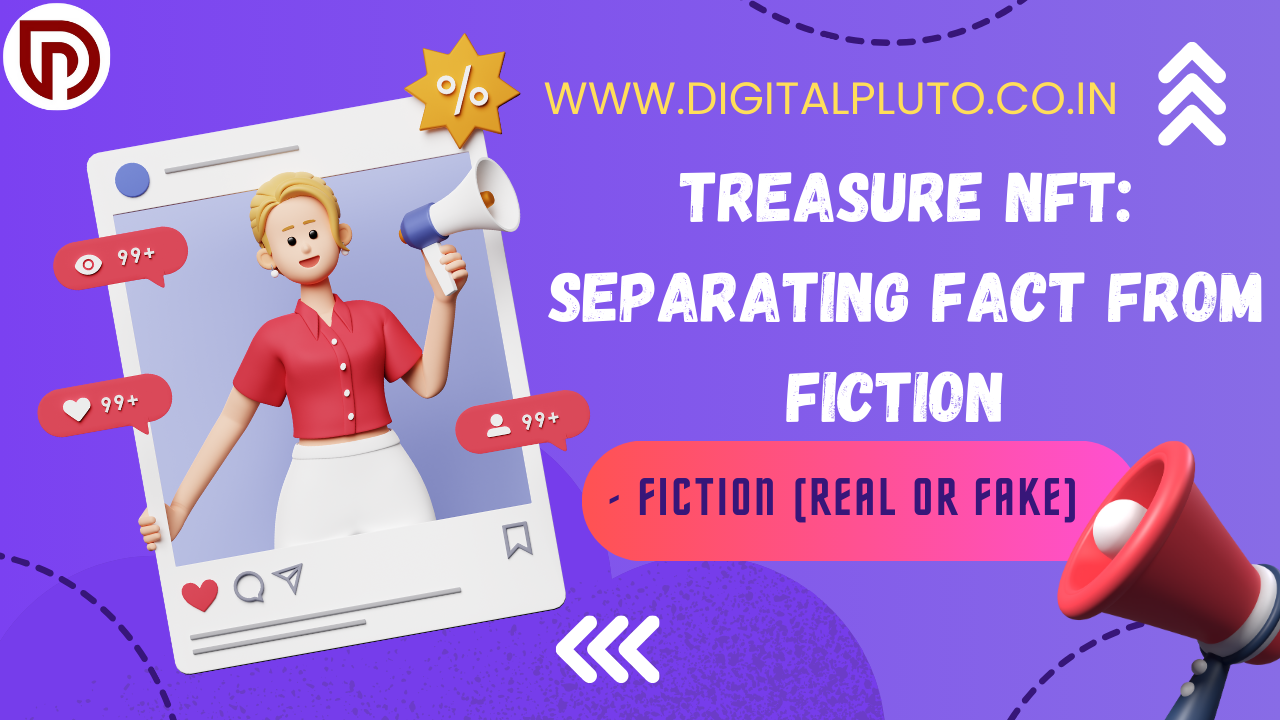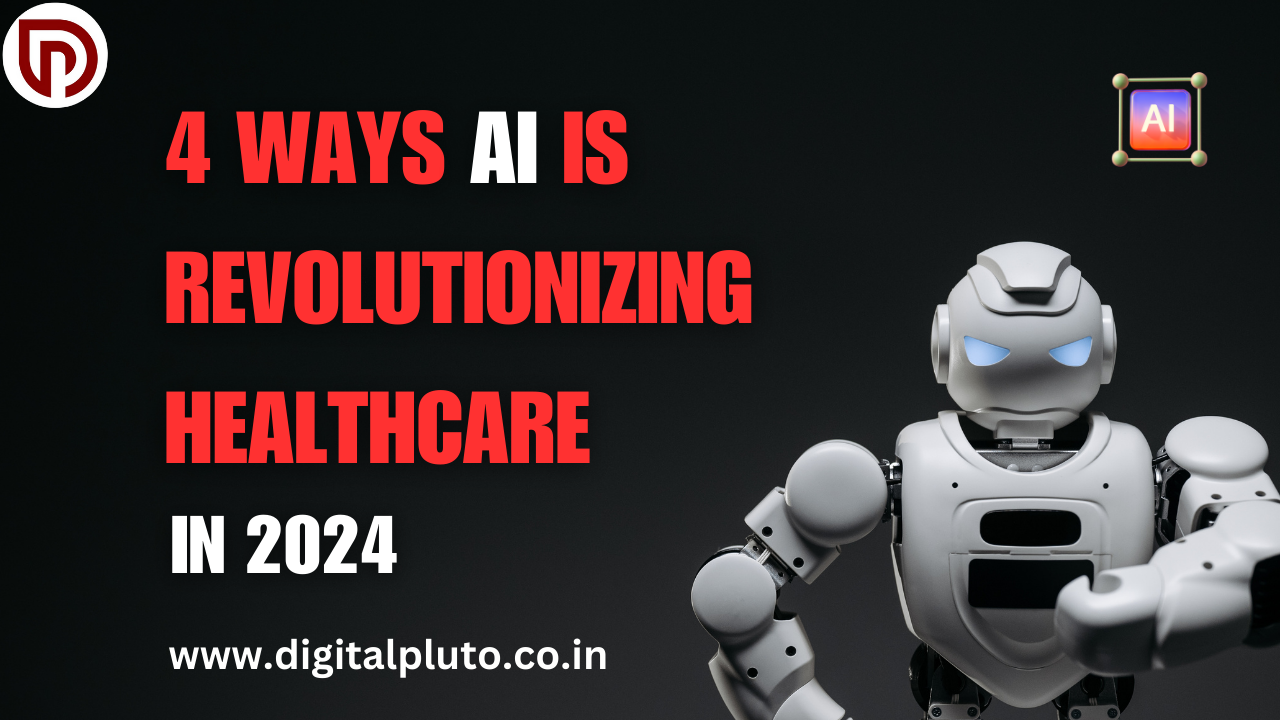
4 Ways AI is Transforming Healthcare
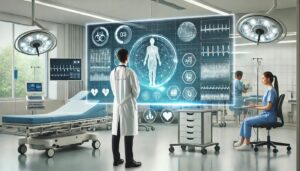
Every aspect of civilization is being progressively transformed by artificial intelligence (AI). It is making an impact on business, entertainment, and education. However, the impact of AI is seen most keenly in the healthcare industry. Let’s learn how this 4 Ways AI is revolutionizing healthcare and diagnoses.
In this blog, we’ll break down the 4 Ways AI is Revolutionizing Healthcare, from improving diagnostics to enhancing patient care and revolutionizing treatment methods. and what the future could hold.
1. AI-Assisted Diagnosing and Treatment
AI is revolutionizing patient care by enabling more accurate illness diagnosis and treatment for medical professionals. Although it happens seldom, misdiagnosis can occur for a variety of reasons, most commonly as a result of weariness, diagnostic errors, or a lack of resources in underprivileged areas. These 4 ways AI is revolutionizing healthcare can help with it.
Convolutional neural networks (CNNs), one of the more sophisticated AI techniques, are capable of analyzing thousands of photos from public datasets and medical records. They spot patterns that are invisible to the naked eye. For instance, Kawasaki disease (KD), an inflammatory illness that affects children and has the potential to be lethal, has been diagnosed using these technologies. The problem with KD is that it shares many symptoms with other common childhood disorders. In order to train a CNN, researchers gathered a collection of photos from patients with KD; this allowed medical professionals can make a diagnosis by simply snapping a brief smartphone photo.
Although fascinating, AI-assisted diagnostics cannot take the place of a physician’s expertise. When making choices, doctors still consult extensive medical histories, physical examinations, and test results. These tools just make things easier, particularly in places where testing is either prohibitively expensive or scarce.
CNNs are not just for people with Kawasaki illness. They have been utilized in the diagnosis of liver cirrhosis, lung cancer, and colorectal cancer. For example, in one study, colorectal cancer was correctly detected by board-certified pathologists 96.9% of the time. With an astounding accuracy rate of 98%, the AI fared marginally better than them.
However, AI is not just helping with diagnosis; it is also transforming medical care. Consider customized medication, for instance. AI can help with treatment recommendations even for complex disorders like rheumatoid arthritis by evaluating a patient’s genetic data. For instance, the Mayo Clinic has employed machine learning to forecast patient reactions to methotrexate, one of the most prescribed medications for arthritis. This could enable patients to tailor their treatments from the beginning and avoid having to wait months to find out if a medicine is working.
2. Research and Clinical Trials Reinvented by AI
Another field where AI is pervasive is medical research. For example, clinical trials are necessary to discover new medications and vaccines, but the current procedure is cumbersome. Researchers must manually look for qualified patients, wasting important time in the process of screening people. Everything is slowed down by it.
Researchers can now more quickly and accurately identify eligible patients by sifting through medical records thanks to artificial intelligence. This simplifies the procedure and makes it possible for trials to be more targeted and successful.
Drug discovery is also being enhanced by machine learning. For instance, Verge Genomics employed AI to find a possible therapy for Lou Gehrig’s illness, often known as amyotrophic lateral sclerosis (ALS). Their computers sorted through human data to identify the most promising treatment, avoiding the need for animal or cell testing and lowering the likelihood of drug failure in human trials.
Even some parts of scientific inquiry are becoming automated with the aid of AI. If you have used AI writing tools like ChatGPT, you are aware that although they are far from flawless, these programs can assist with idea generation, generating drafts, and improving grammar. It is important to exercise caution because artificial intelligence (AI) still has problems with things like generating false citations or inaccurate data. Some researchers have even given AI co-authorship credit on papers.
3. Streamlining Healthcare’s Administrative Workload
The amount of paperwork associated with healthcare takes up time that could be spent providing patient care. Administrative duties, such as organizing appointments and maintaining records, burden the healthcare system. However, AI is making the task easier.
Consider BotMD, a business that employs AI to schedule appointments, respond to inquiries about prescriptions, and match patients with appropriate physicians. AI can help hospitals by automating these repetitive operations so that staff members can concentrate on more urgent work.
AI is preventing physician burnout by aiding with medical scribing, which goes beyond appointments and scheduling. Artificial intelligence (AI)-driven software can instantaneously write notes and accurately interpret medical terminology, saving doctors from hiring a scribe or handling the documentation themselves.
AI-driven invoicing and pre-authorization solutions are also reducing insurance bureaucracy. There will be fewer bottlenecks and quicker billing with more effective documentation. That is wonderful news for both patients and physicians.
4. AI in Medical Education
Medical students of the future need to be prepared for an AI-driven world. Furthermore, some schools are not squandering time. AI is already being used in medical school to assist students become more proficient diagnosticians even before they enter residency.
For example, a platform called OSCAR, an Australian medical startup, allows medical students to practice on AI-powered patients. The AI answers to the student’s questions about the digital patient by simulating the patient’s symptoms. Such platforms facilitate the practice of clinical skills by prospective doctors in a low-risk setting.
Medical students can now take courses at several prominent colleges, like Stanford and Duke, that explain how artificial intelligence is transforming healthcare. These courses are designed to make sure that aspiring physicians understand how to use AI to enhance patient outcomes. Furthermore, organizations like Stanford and the Mayo Clinic offer continuing education courses to keep practicing doctors abreast of the latest developments in artificial intelligence.
Conclusion
AI is already transforming the healthcare industry in remarkable ways. From improving diagnostics to speeding up research and streamlining administrative work, these technologies are altering the landscape of medicine at breakneck speed. But it’s worth noting the need for balance. As much as AI can assist, it’s still prone to human-like flaws because, at the end of the day, humans are the ones designing these systems.
From personalized treatments to advanced predictive models, AI is more than just a trend. It’s here to stay. And while it’s redefining what’s possible, we also need to stay cautious of any biases or pitfalls AI could introduce into the medical world.
Follow https://www.digitalpluto.co.in/ for the latest updates about artificial intelligence.
